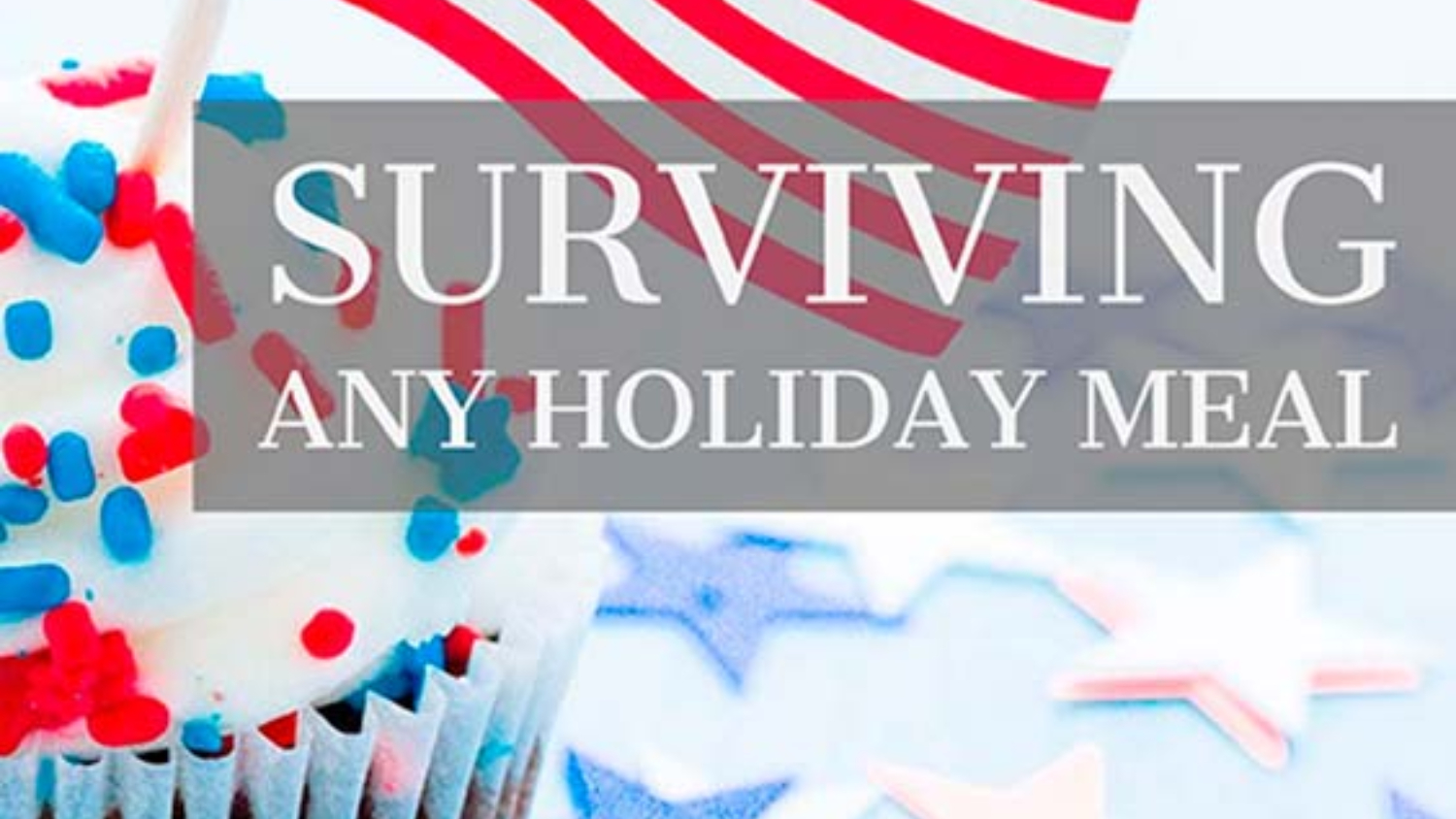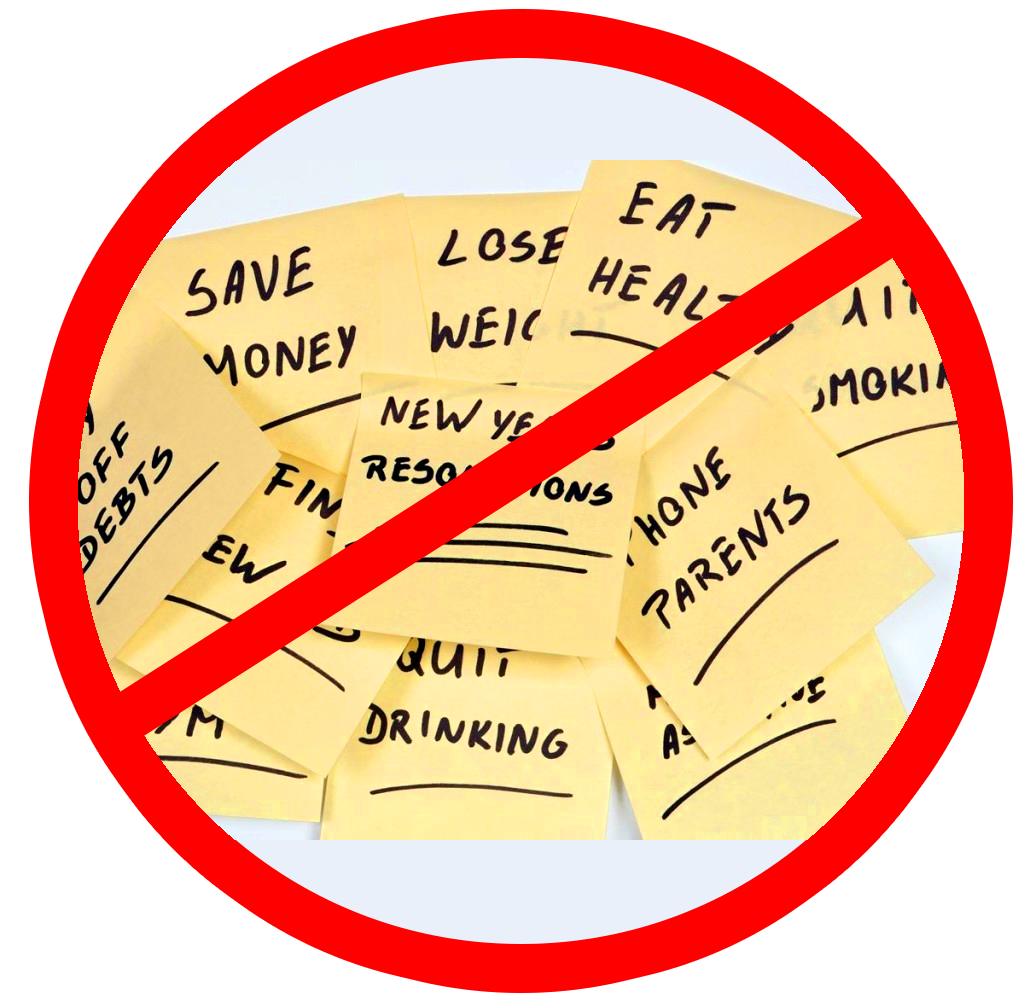Stress Overeating Strategies

I am the first to admit it: I'm a stress eater. When stress is high, so is my refined carb intake. In other words, when I am having a challenging time, I don't run for the broccoli to console myself.
GREG JUSTICE is our Day 5 fitness pro who has extensive experience in working 'hands on' with people from all walks of life. He explains about what causes emotional (or stress) eating, and what really goes on in your body that makes it so hard to say 'no' when we are stressed.
CONTROLLING YOUR EMOTIONAL TRIGGERS AND STRESS OVEREATING STRATEGIES
Diet 'cheating,' cravings, and even lying to yourself about what it all means often is spurred on by certain pleasures, emotional eating, cravings, and temptations that surround your life and can even imprison you with uncontrollable urges and actions.
What Can Trigger Emotional Eating?
A first wise step to understanding and controlling emotional overeating is
to know what lurks behind your triggers, call them out into the open,
divide and then conquer! There are ways to manage these triggers with various
techniques. But first, look at some of the roots for triggerful temptation,
binging and emotional eating described by psychology experts.
Social Eating
It is easy to want to eat along with others who are eating—to join in or
to fit in. Often people who struggle with weight also struggle in social
situations, and crave the need to fit in as much as they crave sugar. So social
situations can be a double whammy of temptations and easily trigger the
desire to overeat during the setting, and/or stray from your goals.
Emotions and Eating
Today you hear all the time, "I'm bored, I'm stressed out, I'm tense, I'm angry, I'm so exhausted, I'm anxious, I'm lonely.” Many people try to either cover up these emotions with food, or replace them with food, and that can lead to overeating. These emotions can sap the strength and mental energy that you would normally apply to your goals. Sometimes even strong positive emotions—a fabulous job offer or your fiancée accepts your proposal—inspire emotional eating as a reward or a satisfaction. All too often that reward is something like a super-sized burger and a large shake. That can easily spiral into 'fast food, fat food' addictions.
Emotional hunger usually comes on suddenly and you find yourself really craving certain foods, whether or not you're hungry, and whether or not it's a convenient or proper time or location for a meal.
Self Esteem Issues
Many times when people feel like they have failed themselves, are very disappointed in their actions or reactions—or lack of thereof—have dashed hopes for something planned, or haven't reached a goal, the emotional response is to berate or scold themselves for it, which is often accompanied by feelings of unworthiness. Failing to keep up your self esteem, your self-worth in the face of normal human ‘failures’—instead of being able to simply forgive yourself—causes many to overeat or fall into emotional desire for solace by succumbing to temptations to soothe feelings of inadequacies.
The Situation of the Moment and Eating
With the bombardment of advertising, eating places, grab-and-go foods, your
own pantry and refrigerator contents, and seeing food everywhere and promoted everywhere, the easy opportunity to grab something you just happen to
see as it strikes your fancy can offset your own path toward your goals.
Rituals and Eating
It's the American way—hot dogs and beer at ball games, cotton candy, steak, and fried dumplings at fairs, buttered popcorn
and extra large candy and sodas at movies, and anything in front of the TV. The lure of these rituals, the notion that it's ‘the thing to do,’ and
associating the habit with the enjoyment of these situations, can provide
triggers, temptations and cravings.

Physical Responses and Overeating
Many people have over-committed schedules and make the mistake of skipping
proper nourishing meals in order to rush to the next obligation. Science
and studies show that skipping meals can lower blood sugar, energy levels
and easily stimulates the physical need for quick sustenance. That often leads to grabbing something you crave and/or overeating to compensate for that hunger feeling, or hunger symptoms like headache,
dizziness etc.
Stress Eating
Research by the American Psychological Association revealed that about 1/4 of Americans rate their stress level as very high—80 or more on a 10-point scale.
When you experience stress a hormone is released in the brain, which tends to suppress appetite, and messages are sent to the adrenal glands that release another hormone, epinephrine (also known as adrenaline). Adrenaline works to trigger the body's ‘flight or fight’ response to stress, in preparation to act and run, rather than sit and eat.
But when stress continues or increases, the adrenal glands go into further action and release the hormone cortisol, which then increases appetite and can also increase motivation to eat. If the stress continues on, cortisol can stay elevated, continuing the appetite increase. When stress finally ends the cortisol levels will decrease.
Recent studies also show that emotional or physical stress increases food intake of fats and sugars. In one study, mice were placed under stress, and high carbohydrate foods were taken away from them, which resulted in an increase in their stress levels.
Other studies also indicate that fats and sugary foods seem to counteract stress by affecting the part of the brain that creates and processes stress and emotions (acting as ‘comfort food’) to help counteract that stress. There is further evidence that individuals with high levels of cortisol are more prone to snack in response to stress.

--
Greg Justice, MA, is a best-selling author, speaker and fitness entrepreneur. He opened AYC Health & Fitness, Kansas City’s Original Personal Training Center, in May 1986, and has personally trained more than 48,000 one-on-one sessions. Today, AYC specializes in corporate wellness and personal training. Greg holds a master’s degree in HPER (exercise science) from Morehead State University, Morehead, KY. Greg is also an AFAA certified personal trainer (CPT). He has worked with athletes and non-athletes of all ages and physical abilities and served as a conditioning coach at the collegiate level. He also worked with the Kansas City Chiefs, during the off season in the early 1980s.


